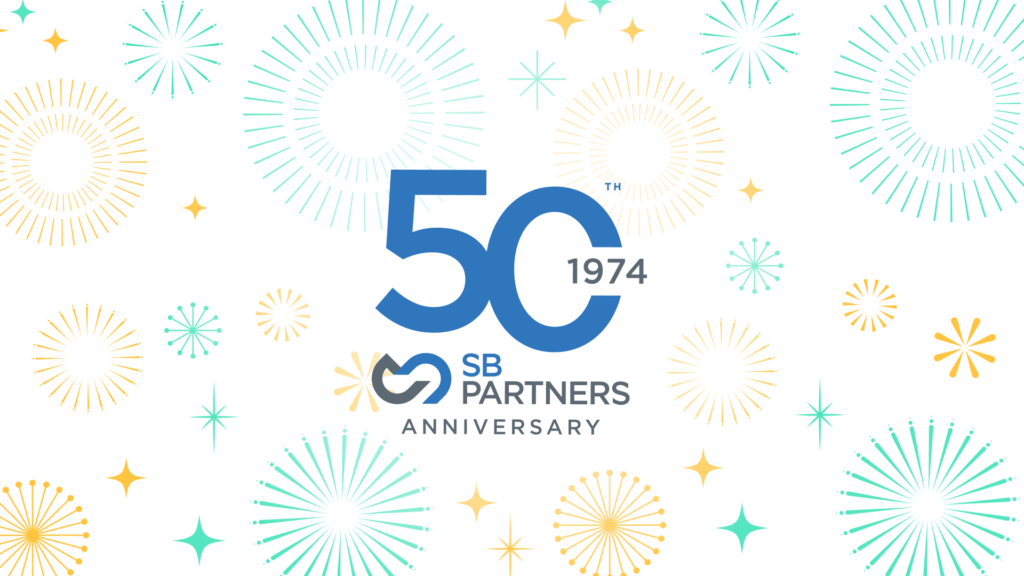A 2012 report by economist Benjamin Tal stated that “Canadians over the age of 50 are the fastest growing segment of the startup population, owning nearly 30% of new businesses.” As baby boomers move towards retirement, those that have their own business need to start thinking about what they are going to do with what is likely their largest asset. In short, what is the exit strategy?
Baby boomers are not the retirees of years past – they are active, fit and engaged. While maintaining this healthy lifestyle doesn’t have to mean spending a lot, given that the nine-to-five days of earning are in the past, it makes sense to have a plan to look after themselves and the business that no doubt was created with considerable time and energy.
Succession planning is a complex and a multidisciplinary process. Consider the following common responses to queries about an exit strategy and ask yourself; “Is this me?”
• A succession plan is not in place because I anticipate operating and owning my business for a long time; I don’t want to consider something that is ‘so far down the road’
• We have a sales plan that is predicated on selling the business to either key management or an outside party; and
• We have a transition plan that will transfer the business to the next generation of family.
Identifying the need for a succession plan and recognizing one’s own unique circumstances is a good place to start the discussion. A financial advisor can help sort through the issues and lay the foundation for a sound and stress-free transition of your business.



